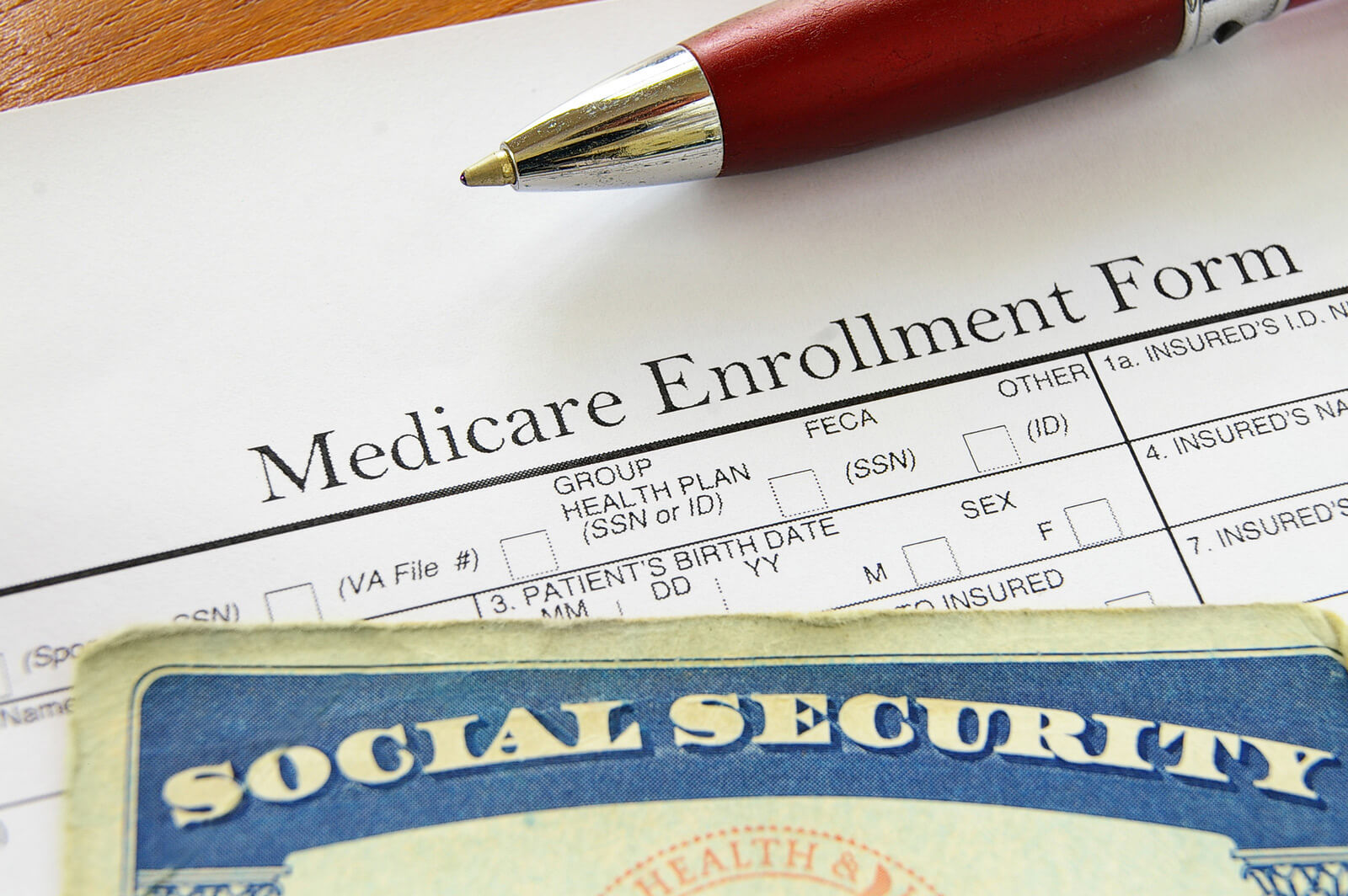How to Qualify for Medicare Disability Eligibility
Once you have been receiving Social Security Disability Benefits (SSDI) for two years, the Social Security Administration or SSA will automatically enroll you into Medicare. The Medicare program is broken down into four separate parts, and depending on your income level and access to other resources, you may qualify to receive financial assistance called “Extra Help.” In this blog post, our disability lawyers will cover the different components of Medicare, situations where the normal waiting period does not apply, and eligibility for low-income subsidies.
Understanding Medicare Coverage: Part A, B, C, and D
Medicare is commonly used as a blanket term. However, Medicare is actually separated into four distinct components which have very different purposes. It’s very important to understand the differences between these separate Medicare components, because each “Part” of Medicare coverage is affected differently by your disability status.
- Part A
Part A is called “Hospital Insurance” because it covers hospital bills from inpatient care, as well as some additional follow-up care. This coverage is sourced from taxes you paid while you were working, which means nothing will come out of your pocket.
- Part B
Part B is called “Medical Insurance” because it covers doctor bills, outpatient care, and some miscellaneous medical services. Unlike Hospital Insurance, for which you won’t be charged, Medical Insurance requires you to pay a monthly premium.
Part A and Part B are the only components of Medicare which are subject to automatic enrollment after two years of disability. You will not be automatically enrolled into the other “Parts” of Medicare, which are:
- Part C
Part C is called “Medicare Advantage” or “Medicare Advantage Plan,” and refers to private health insurance plans which have been approved by the Medicare program. Some people elect to sign up for Part C exclusively, in place of Part A and Part B together. The combination of Part A and Part B is known as “Original Medicare.”
- Part D
Part D is self-explanatory, called “Prescription Drug Coverage.”

The “Extra Help” Low-Income Subsidy
If you have low income and limited access to “resources” (by which the SSA means life insurance, personal property, vehicles, cash, bank accounts, savings bonds, and personal property), you may qualify for a low-income subsidy through the state of Pennsylvania. These subsidies are also referred to as “Extra Help,” or may be shortened to “LIS.” In Pennsylvania, Extra Help with Part D of Medicare coverage can slice thousands of dollars off of your yearly prescription costs.
In Pennsylvania, you may be eligible for the Specified Low-Income Medicare Beneficiary (SLMB) program, which can cover partial to full Part B premiums for those who do not qualify for the Qualified Medicare Beneficiary (QMB) program. If you do not qualify for SLMB, you may be eligible for a similar program called SLMB–QI-1, which stands for “Qualifying” or “Qualified Individuals, Group 1.”
For more information about these special programs, refer to the PA Department of Human Services, Services for Disabled
Exceptions to the Two-Year Waiting Period
Generally speaking, persons receiving disability benefits are automatically enrolled into Part A and Part B of the Medicare program after 24 months have passed. However, there are certain situations where beneficiaries can waive the normal waiting period to get Medicare coverage sooner. These shortened waiting periods apply to people who are diagnosed with:
- Lou Gehrig’s Disease
This condition, which has been better publicized by notable patient Stephen Hawking, is also known as ALS (amyotrophic lateral sclerosis). ALS is a neurological disorder which causes muscle weakness, paralysis, difficulty breathing, and difficulty speaking. In July of 2001, Congress passed legislation eliminating the standard two-year Medicare waiting period for ALS patients. If you have ALS, you qualify for Medicare the very first month after you start receiving disability benefits.
- End Stage Renal Disease (ESRD)
Renal disease refers to kidney disease. Kidney disease is classified as ESRD when the patient’s kidneys can no longer function at the level required to sustain life. Medical problems such as diabetes and high blood pressure can cause chronic kidney disease, which can eventually develop into ESRD after a period of years or decades. If you have been diagnosed with ESRD, you must sign up for Medicare manually within the first seven months of receiving your first disability payment.
On a final note, it is important to emphasize that Medicare coverage applies only to SSDI recipients. People who receive Supplemental Security Income (SSI) are ineligible, as SSI pertains to Medicaid.
Pennsylvania Social Security Lawyers Offering Free Consultations
If you cannot work due to a serious chronic illness or permanent injury, you may be a good candidate for SSI or SSDI benefits. If you’re already receiving SSDI, you could also qualify for Medicare coverage. To start exploring your options in a free and private legal consultation, call the New Jersey disability lawyers of Young, Marr, Mallis & Associates at (609) 755-3115 in New Jersey or (215) 701-6519 in Pennsylvania today.






























